EGO Power+ Select Cut LM2135SP 21 in. 56 V Battery Self-Propelled Lawn Mower Kit (Battery & Charger)
The EGO power + 21 inch select cut self-propelled mower delivers performance that exceeds the power of gas. The select cut multi-blade cutting system is equipped with three, interchangeable lower blades the mulching blade, high lift bagging blade and extended runtime blade.
#1 Rated Brand
Based on power, performance, durability, the EGO POWER+ platform is rated #1 in cordless outdoor power.
Industry’s Most Advanced
Patented 56V ARC Lithium™ battery technology offers intelligent power management and innovative design to prevent overheating.
One Battery, 60+ Tools
Universal battery compatibility gives you the convenience of using any size battery to power any tool in the EGO platform.
Power Beyond Belief™
EGO’s advanced battery technology delivers or exceeds the power of gas—without the noise, fuss, or fumes.
Powered by Innovation
EGO creates and patents industry-first technologies and groundbreaking innovations that solve consumer pain points.
Runs Longer, Charges Fast
EGO’s patented technology keeps the battery cool for longer run times and faster recharging times—with power that exceeds gas.
Superior User Experience
Engineered to maximize power, run times, and ease of use—simply select your tool, click in a battery, and get to work.

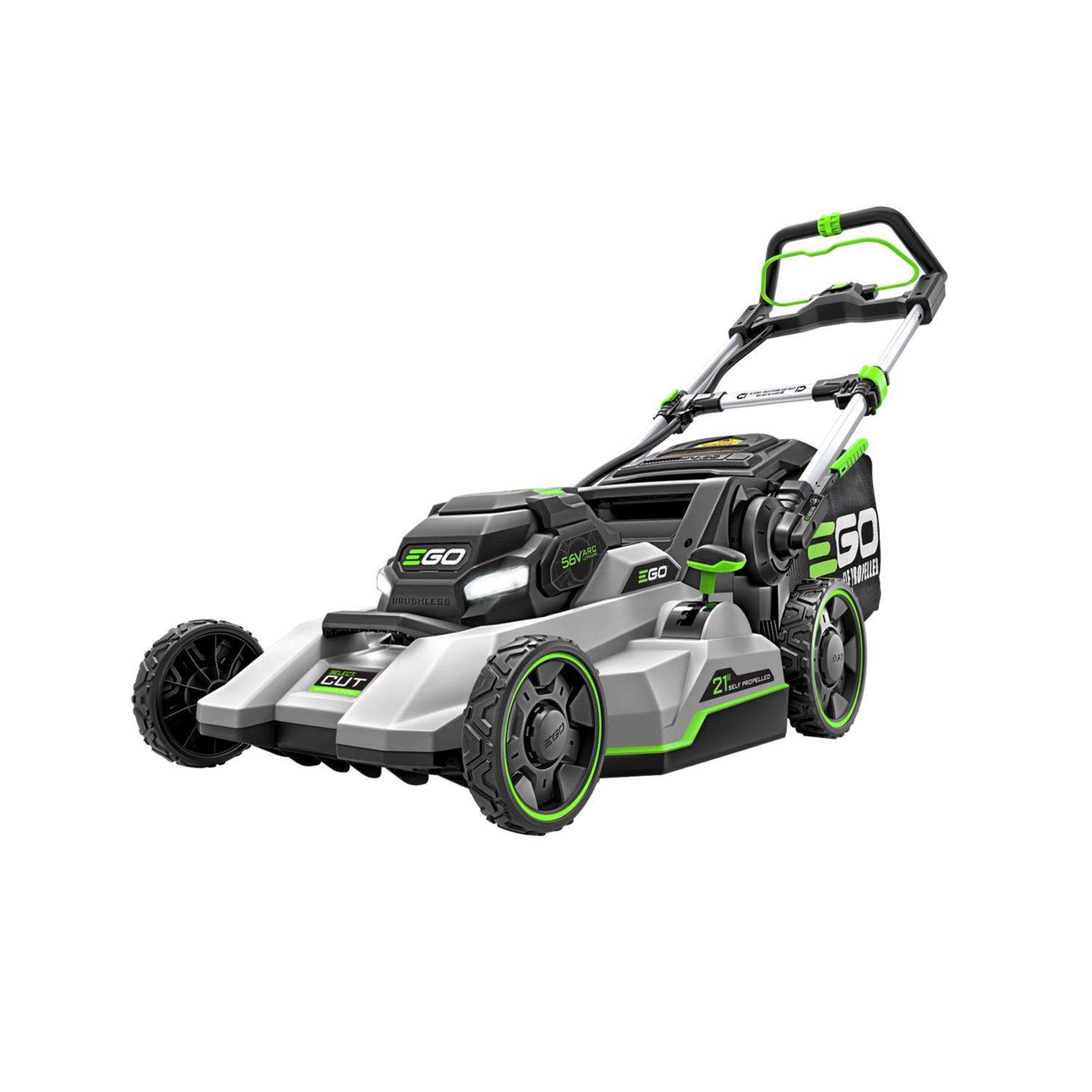
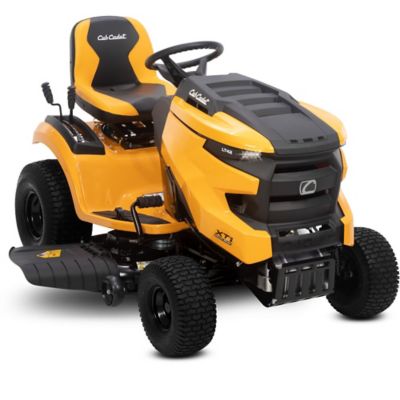
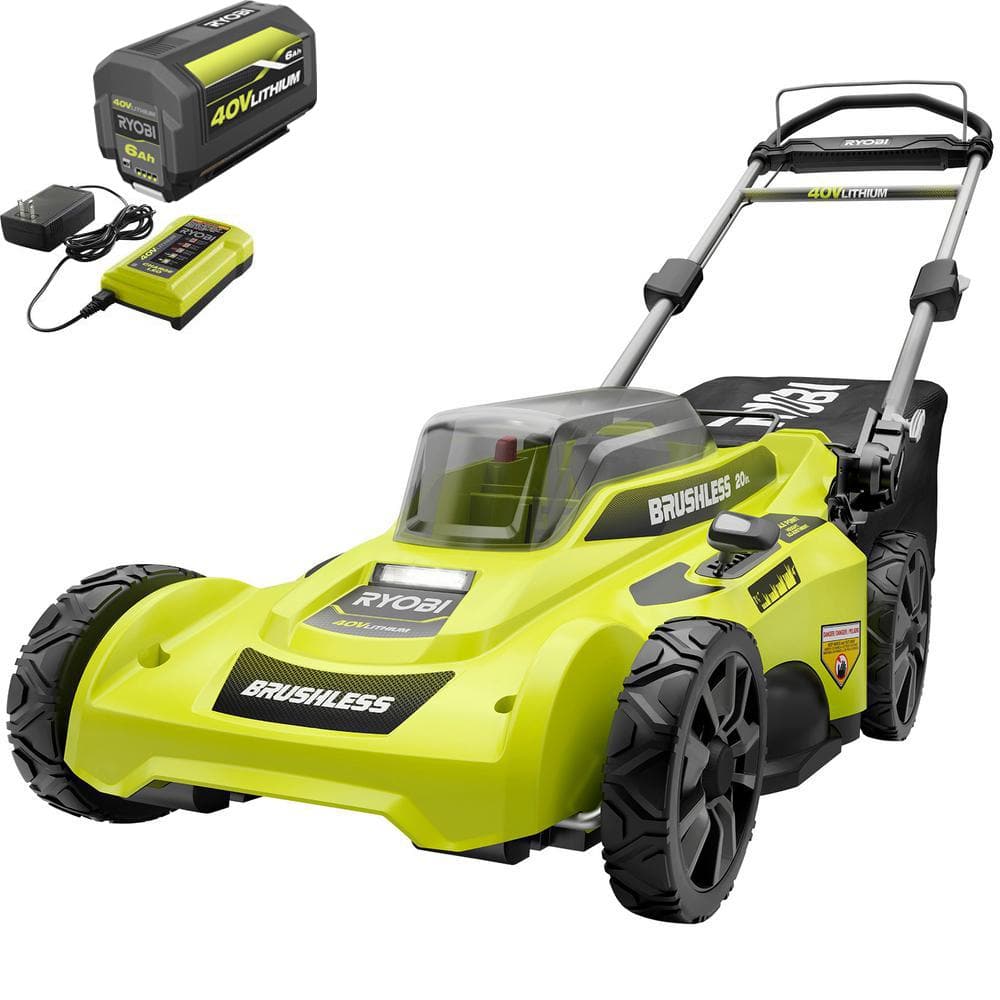
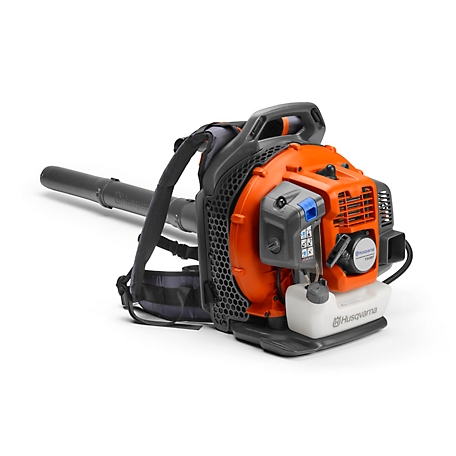
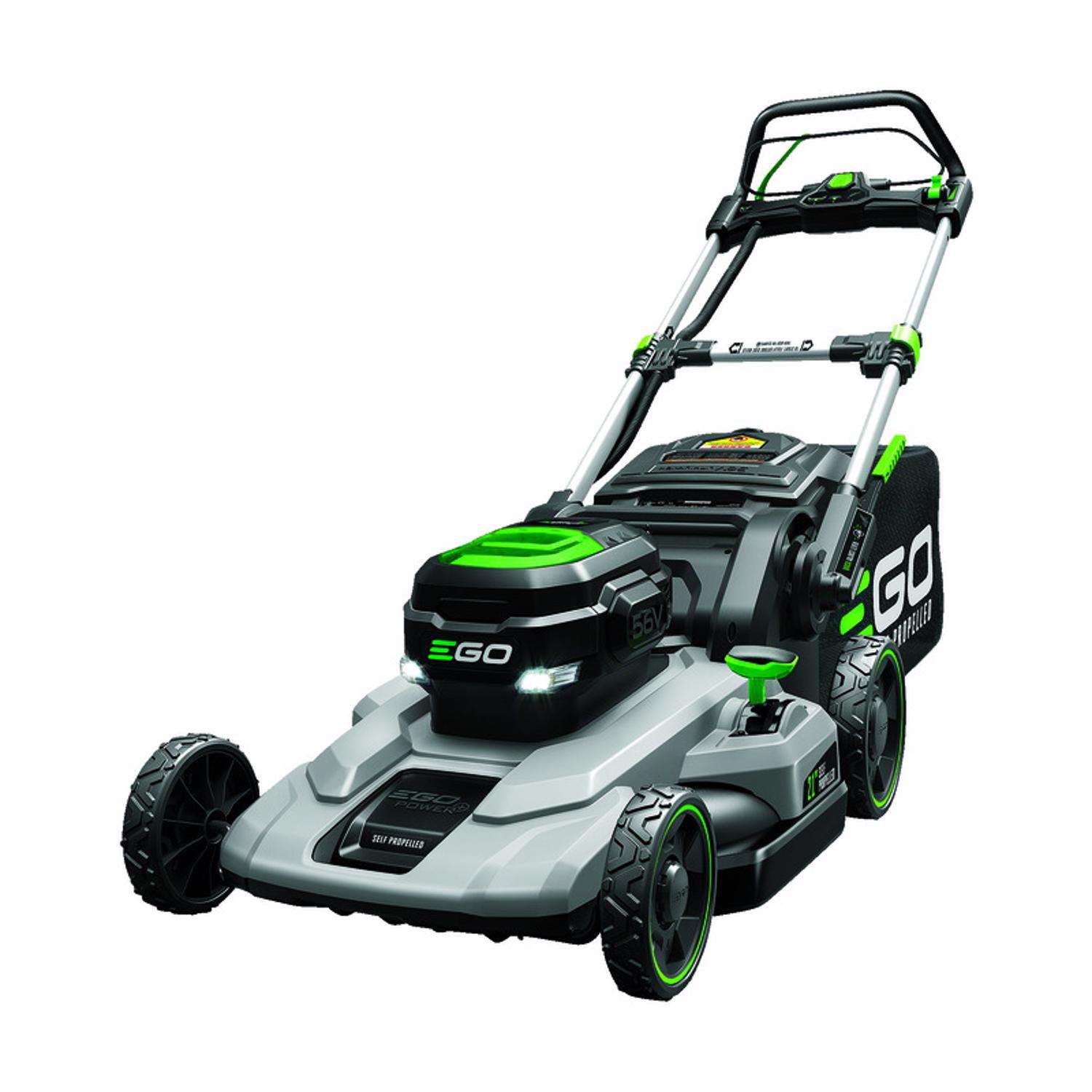
Reviews
There are no reviews yet.